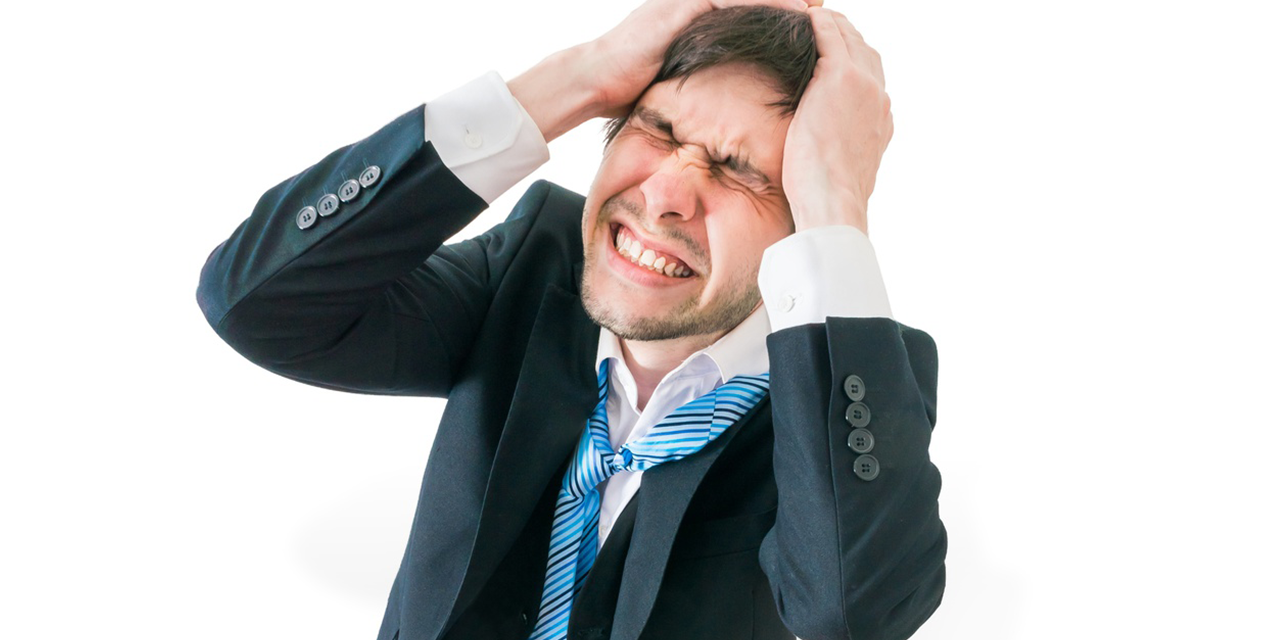Treatment for Migraines

Migraine treatment has three main areas: medical treatment, control of triggers and assistive methods.
Medical treatment:
Medical treatment is an important part of migraine treatment. However, unless attention is paid to triggers and the right daily lifestyle choices are made, drug treatment will be insufficient or ineffective.
- Preventive treatment: Medicine given to prevent an attack, regardless of pain, to be taken daily. Can be prescribed for patients with frequent attacks.
- Acute worsening: Medicine used to alleviate pain during a migraine attack.
- Supplementation of vitamin and mineral deficiencies (Magnesium, Vitamin B12, Folic Acid, Vitamins B1, B2, B5 and B6, Vitamin D, Biotin).
- Treatment of concomitant depression, insulin resistance, diabetes, thyroid gland problems and increased intestinal permeability.
- Probiotic treatment: intended to reduce increased intestinal permeability and to increase serotonin levels.
Keeping triggers under control:
Triggers are all external stimuli, changes in daily life function, and hormonal changes that cause migraine headaches. Each individual’s sensitivity may be different due to the combination of genetic and physiopathological characteristics. While pain starts with very little triggers in low threshold patients, a lot more combined stimuli is required in high threshold patients.
How keep triggers under control:
- Avoid dehydration, drink water
- Do not skip meals, do not fast for very long hours, and eat meals at the same time every day
- Reduce of coffee and caffeine consumption
- Reduce of alcohol consumption
- Go to bed and wake up at the same times every day (sleep hygiene)
- Do not watch TV at least 2 hours before sleep; do not look at computer screens and phones before bedtime. Be sure your mobile phones and tablets are night shift mode after 7 pm.
- Learning to cope with stress:
- Simplify life
- Simplify personal daily schedule
- Ask for help when needed
- Keep a gratitude diary
- Walk outdoors or stretch for 5 minutes when stressed
- Seek professional psychologiacal help
- Practice yoga
- Learn how to meditate
- Practice breathing exercises
- Don’t consume trigger foods:
- Be sugar-free
- Go gluten-free
- Follow the Paleo diet
- Watch histamine rich food
- Keep a food diary, write everything
- Take care of insulin resistance
- Lose weight
- Exercise
- Especially in the initial period, sports and activities that require high energy and power can trigger migraine headaches. Start exercising calmly and slowly; the amount and intensity of exercising should be gradually increased within time.
- Practice yoga, particularly yin yoga
- Walk
- Take swimming lessons
- Go to pilates classes
- Stretch/strengthen neck muscles
- Dealing with medicine overuse headache and secondary headaches:
- Pain associated with pain relievers over use: Reduce painkiller amount and frequency of use with the help of your doctor. Try to reduce/eliminate pain through alternative methods.
- Pain associated with medications due to other illnesses: Ask your doctor’s opinion for changing/discontinuing use of blood pressure medicines, birth control pills, hormone regulators and nitroglycerin treatments.
Assistive methods
Relaxing, lying and/or sleeping in a dark, quiet and cool place.
Putting an iced or cold compress on the forehead and back of the neck.
Acupression: Massaging on certain acupuncture points for 1-2 minutes:
- In the middle of the eyebrows
- On both sides of the nose
- On the temples
- At the root of the neck
- Washing hands with hot water
- Visualizing the warming up of hands.
- Massaging head and forehead with mint or lavender oil
- Get regular massages
- Acupuncture
- EFT-tapping
- Biofeedback

